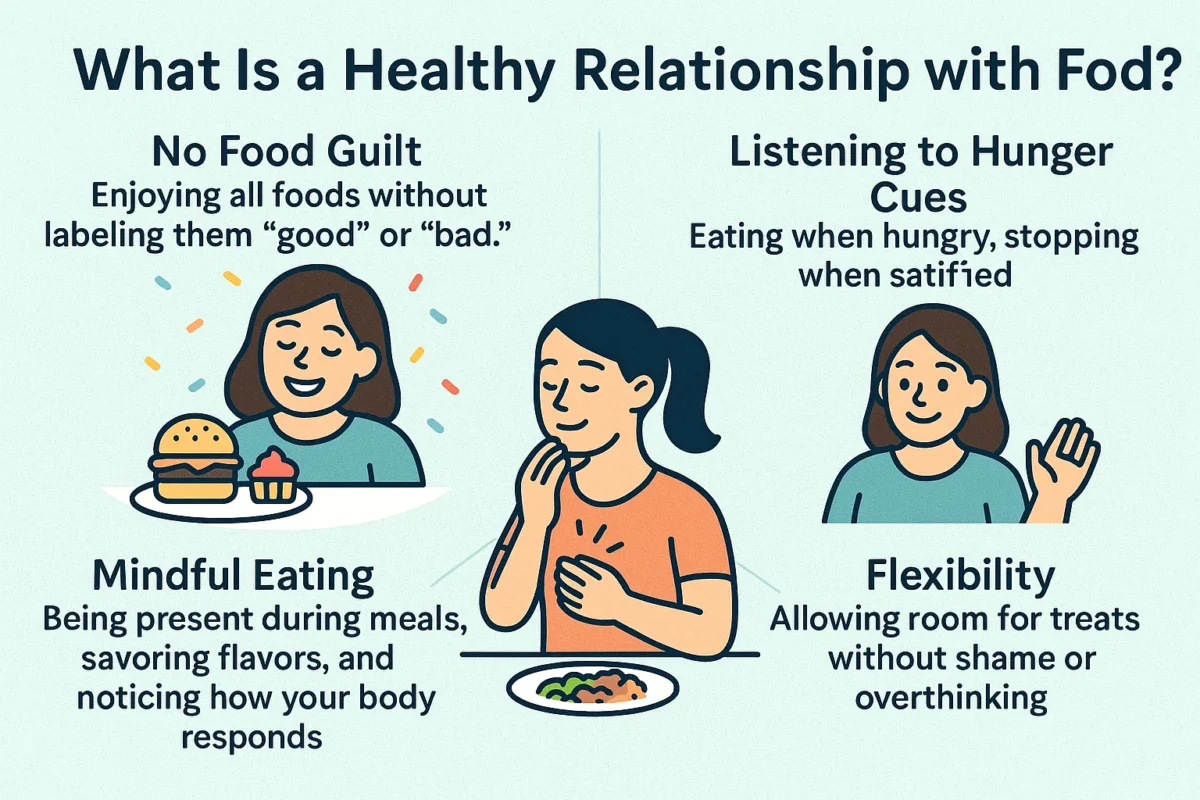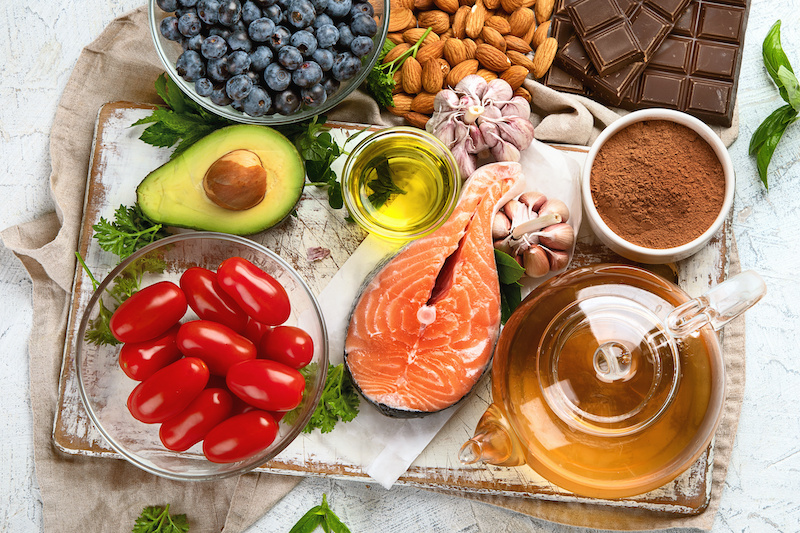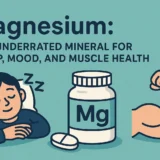How to Build a Healthy Relationship with Food

Introduction
A healthy diet isn’t just about what you eat—it’s also about how you think and feel about food. Building a healthy relationship with food can improve physical health, support mental well-being, and help prevent disordered eating habits. Here’s how to approach food with more balance and confidence.
What Is a Healthy Relationship with Food?
- No Food Guilt: Enjoying all foods without labeling them “good” or “bad.”
- Listening to Hunger Cues: Eating when hungry, stopping when satisfied.
- Mindful Eating: Being present during meals, savoring flavors, and noticing how your body responds.
- Flexibility: Allowing room for treats without shame or overthinking.

Tips to Improve Your Relationship with Food
- Ditch Diet Mentality: Avoid restrictive eating and “all-or-nothing” thinking.
- Focus on Nourishment: Choose foods that make you feel energized, satisfied, and strong.
- Practice Gratitude: Appreciate your meals and the role food plays in your life.
- Unfollow Negative Influences: Let go of social media accounts that promote unrealistic body or diet ideals.
- Seek Support if Needed: A registered dietitian or counselor can guide you if you struggle with food anxiety or patterns.
Conclusion
A healthy relationship with food goes beyond calories and macros—it’s about self-respect, balance, and listening to your body. When you build a positive mindset around eating, it becomes easier to enjoy food while honoring your health.
Summary
- A healthy relationship with food means enjoying all foods without guilt and listening to your body’s cues.
- Mindful eating, nourishment, and flexibility are key to balance and emotional well-being.
- Avoid diet culture and unfollow negative influences on social media.
- Professional guidance can help with food anxiety and disordered patterns.

This article reviewed by Dr. Jim Liu, MD.
There’s nothing more important than our good health – that’s our principal capital asset.
#medical #telehealth #umedoc









